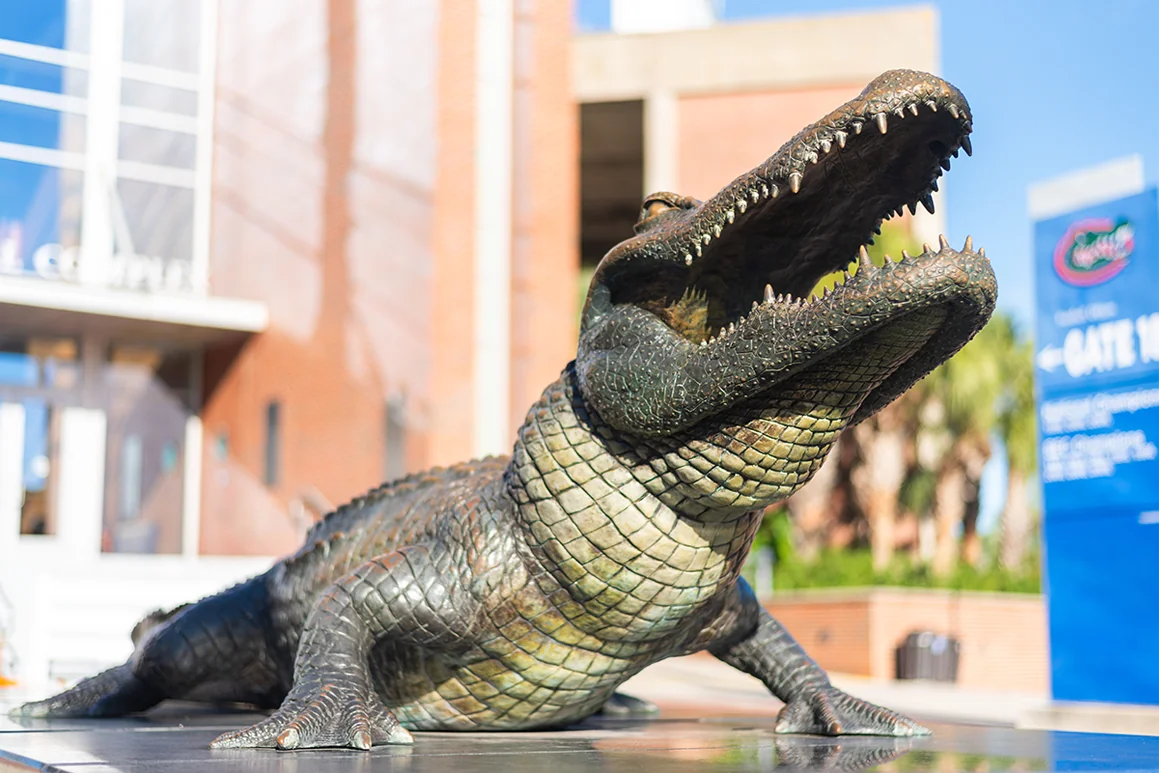Alleged offenders who are suspected of driving under the influence (DUI) in Florida are very rarely asked to submit to urine tests. The cases in which urine tests are used generally involve an alleged offender that is believed to be under the influence of a chemical substance or controlled substance, as opposed to alcohol.
When police suspect that an alleged offender committed a “drugged driving” offense, a urine test (otherwise known as urinalysis) is often viewed as being a less invasive form of testing that provides quicker results for law enforcement. However expedient such test might be, urine tests are also generally viewed as being the least reliable of the three major chemical tests—thus meaning that even alleged failed tests may be inadmissible in court if the tests were not properly administered or handled.
Attorney for DUI Urine Tests in Gainesville, FL
If you were arrested in north central Florida for DUI after allegedly failing a urine test, it will be in your best interest to quickly seek legal representation. Galigani Law Firm defends clients facing drunk driving charges all over the greater Gainesville area, including communities in Alachua County, Baker County, Bradford County, and Columbia County.
Dean Galigani review your case and discuss all of your legal options when you call (352) 375-0812 to schedule a free, confidential consultation.
Alachua County DUI Urine Tests Information Center
- When can people be asked to submit to urine tests?
- Which kinds of issues can cause misleading or incorrect urine test results?
- Where can I learn more about DUI urine tests in Gainesville?
When Urine Tests Are Used in Gainesville DUI Cases
Florida Statute § 316.1932 (1)(a)1.b, establishes, in part, that an individual who enjoys the privilege of operating a motor vehicle on Florida roads must submit to a urine test, if a law enforcement official lawfully arrests him or her for any offense allegedly committed while the person was driving or was in actual or physical control of a motor vehicle while under the influence of a chemical or controlled substance.
The statute also establishes that law enforcement officials must inform the accused that his or her failure to submit to any lawful tests of his or her urine will result in a one year license suspension for a first-time refusal and any additional penalties relative to the number of times that individual has refused the test.
Essentially, motorists in Florida are obligated to submit to urine tests simply by being licensed to drive in the Sunshine State. Urinalysis is most frequently used when an alleged offender is believed to be under the influence of a chemical substance or controlled substance, and a urine test is usually requested after an alleged offender has already submitted to a breath test.
Many law enforcement agencies prefer urine tests because they can often be the most economical determinants of the presence of controlled substances. It is critical to understand that a positive urine test does not necessarily indicate that the alleged offender was actually under the influence of the controlled substance at the time of the alleged offense.
Common Urine Test Issues in Alachua County DUI Cases
Urinalysis can show what drugs a person consumed, but urine tests do not indicate when the controlled substances were actually consumed. As a result, a person could feasibly be accused of being under the influence of a chemical substance or controlled substance even though the actual effects of the illegal drug wore off hours, days, or even weeks before the traffic stop.
According to the Mayo Clinic (see Resources section below for a link to the website), the average detection times of some controlled substances are as follows:
|
Type of Drug |
Detection Time |
|
Cocaine |
One day |
|
Lysergic Acid Diethylamide (LSD) |
One day |
|
3,4-Methylenedioxymethamphetamine (MDMA, Ecstasy, or Molly) |
Two days |
|
Ketamine |
Two days |
|
Amphetamine |
Three days |
|
Codeine |
Three days |
|
Fentanyl |
Three days |
|
Hydrocodone |
Three days |
|
Marijuana – Single Use |
Three days |
|
Methamphetamine |
Three days |
|
Morphine |
Three days |
|
Oxycodone |
Three days |
|
Flunitrazepam |
Five days |
|
Marijuana – Moderate Use (multiple times per week) |
Five days |
|
Methadone |
Seven days |
|
Phencyclidine (PCP) |
Eight days |
|
Diazepam |
10 days |
|
Marijuana – Heavy Use (daily) |
10 days |
|
Marijuana – Chronic Heavy Use |
30 days |
In addition to date of the initial consumption, multiple other factors can also contribute to possible false positives for urine tests. Some of the most frequent issues with urinalysis in Gainesville DUI cases include, but are not limited to:
- Labeling or sealing issues;
- Improper storage of sample;
- Chain of custody issues;
- Tampering with specimen.
- Faulty or expired testing kit;
- Sample too diluted;
- Contaminated sample; or
- False positive as the result of legal prescription or over-the-counter medication.
Florida DUI Urine Test Resources
Drugs of Abuse: Approximate Detection Times | Mayo Medical Laboratories — The Mayo Clinic identifies itself as “a nonprofit organization committed to clinical practice, education and research, providing expert, whole-person care to everyone who needs healing.” On this section of the clinic’s Mayo Medical Laboratories website, learn more about the approximate detection times of various drugs of abuse as it relates to blood and urine testing. You can click on individual drugs to find additional information about interpretation, metabolites, and drug testing.
Urine Drug Testing: Approaches to Screening and Confirmation Testing — View a report published in the June 2004 issue of Laboratory Medicine examining multiple issues inherent to urinalysis. The report covers the detection times of some common controlled substances in urine tests. It also identifies disadvantages of urine drug testing.
Galigani Law Firm | Gainesville DUI Urine Tests Defense Lawyer
Were you recently arrested for DUI as the result of a urine test in north central Florida? You will want to retain legal counsel as soon as possible. Contact Galigani Law Firm today.
Our experienced criminal defense attorneys in Gainesville represent individuals throughout Columbia County, Baker County, Bradford County, Union County, and several other nearby areas in and around Gainesville. Call (352) 375-0812 or submit an online contact form to let our lawyers provide a complete evaluation of your case during a free, confidential consultation.







